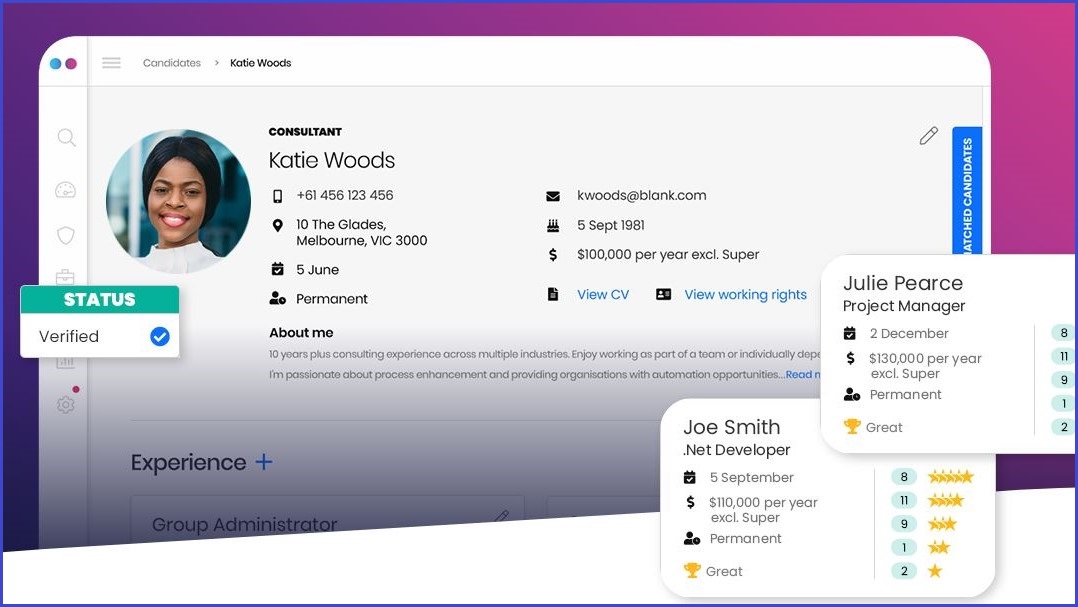AI-powered recruitment platform Hiremii is preparing to make its debut on the Australian stock exchange this week with a $6 million initial public offering (IPO).
The Western Australian company has seen a sharp uptick in revenue over the past couple of years and is looking raise capital through the IPO to fund its next growth phase.
Hiremii CEO Chris Brophy told Information Age his firm has “flown under the radar” but is ready to make its mark.
“We have not been highly capitalised to this point yet have still shown a high growth trajectory in a short time,” he said.
“We have just 10 employees, all of whom are in WA, and we think this is the best way to scale.”
In the 2018 financial year, Hiremii pulled in just over $73,000 in sales revenue. That grew to $858,000 in 2019.
And in the 2020 financial year, it earned over $6.1 million.
Show me the tech
Hiremii is attempting to do for recruitment and labour hire what Uber and Airbnb did for taxis and hotels: disruption.
Technology is at the core of this strategy, providing both the means for a cheaper service than traditional recruitment firms and the opportunity to scale with ease.
“Our direct competitors are bricks and mortar recruitment and labour hire businesses,” Brophy told Information Age.
“They have boiler rooms filled with young people matching candidates and doing admin work by hand.
“But we didn’t just build tech for the sake of building tech – it underpins our entire back office.”
Hiremii’s platform is designed to automate the administrative workflows that once required a floor of hard-working undergraduates to sift through.
Hired by a machine
And at its core is an artificial intelligence tool trained to match the profiles of recruits on its database with the needs of prospective employers.
The use of AI for job recruiting has so far been frought with controversy.
Amazon famously canned an internal AI recruiting tool that had been trained on a decade’s worth of resumes sent to the company because it was biased.
Because most of them came from men – and therefore most of the successful candidates were also men – the algorithm effectively taught itself to, in effect, downgrade the resumes of female applicants.
Recently, researchers at the University of Melbourne ran an experiment testing AI for recruitment and found similar biases baked into systems it tested.
Brophy said the Hiremii AI has a limited number of parameters it is checking against which he said should help avoid the potential algorithmic biases.
“It really only looks at what an organisation sets in terms of the recruitment scope,” he said.
“It matches things like skillset and the level of experiences required.
“But we are monitoring and constantly reviewing the AI so if there are outliers, we have the opportunity to make changes.”
For employers, Hiremii’s technology difference is aimed at where it matters: the bottom line.
Recruitments are offered at a fixed price of $4,500 for white collar jobs and $1,250 for blue collar jobs which Brophy said is a stark contrast to traditional recruiters who might take a more than 10 per cent commission based on the employee’s base salary.
So far, uptake has been slow and steady with Brophy estimating less than 10 companies actively using the service and only 3,000 profiles vetted and verified sitting on the Hiremii database.
But the $6 million raised in its upcoming IPO should help Hiremii make inroads on the East Coast as the company looks to expand into New South Wales and Victoria.
“We’ve taken a simple problem and applied a solution to it,” Brophy told Information Age.
“We’ve just built something cool.”










